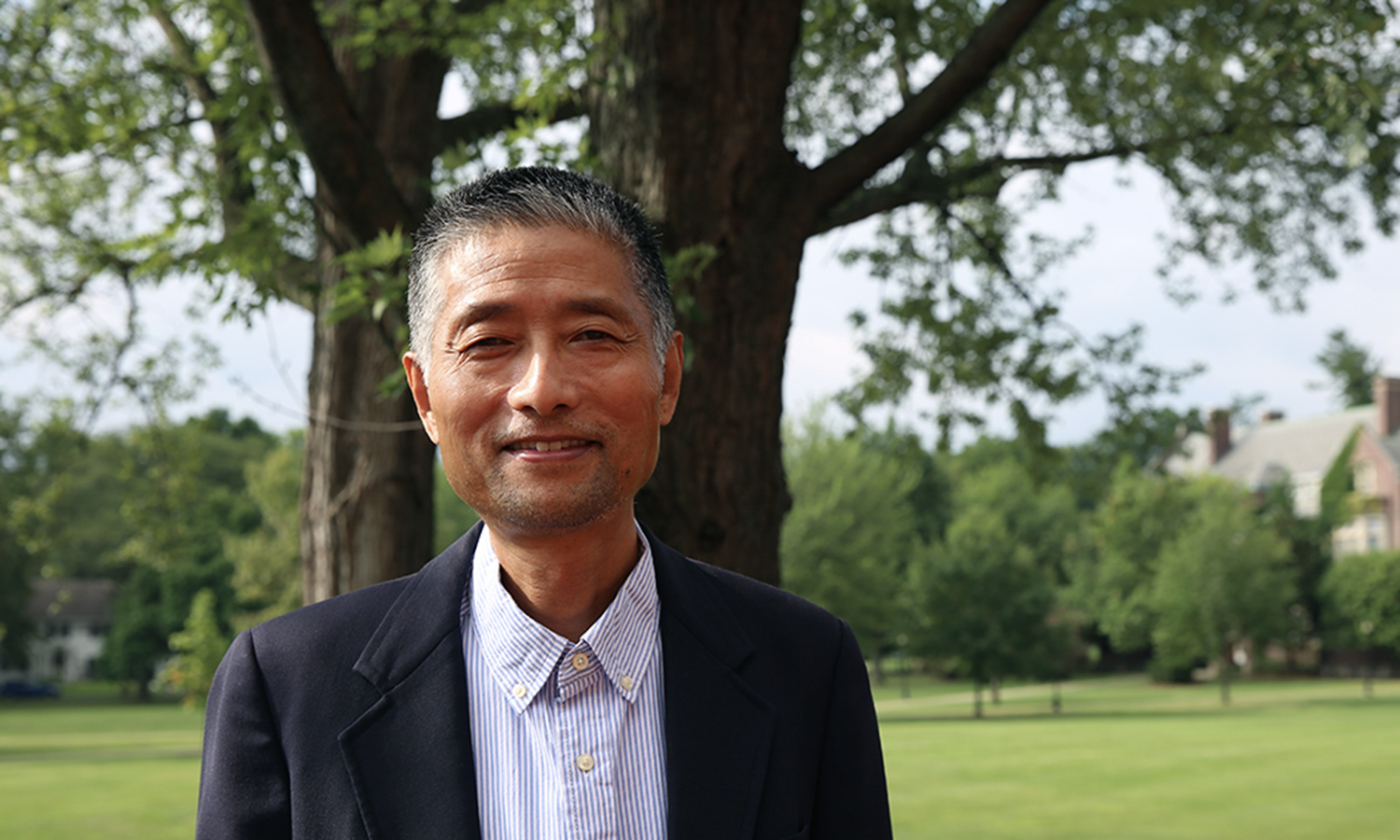
HWS News
2 October 2024 • Research Zhou Explores How China Might React to U.S. Foreign Policy in the Post-Election Years
How the U.S.’ policy toward China may change following the presidential election.
In two new essays in the U.S.-China Perception Monitor, Associate Professor of Asian Studies Jinghao Zhou discusses the potential foreign policy differences between Kamala Harris and Donald Trump, and how those difference might impact the United States’ relationship with China after the U.S. presidential election.
In “Strategic Calculations: China’s Dilemma Between Trump and Harris,” Zhou argues that Harris is unlikely to formulate a brand-new foreign policy toward China in the near term, and that her economic plan is largely an extension of President Joe Biden’s existing policies. If elected, Zhou says, she would likely follow the Biden-Obama foreign policy, which would make her approach more predictable for China.
On the other hand, Zhou says, China understands that Trump’s unpredictability and aggressive tactics could escalate tensions. If Trump were to return to the White House, China would need to adapt to his second-term policy to manage its relations with the U.S. Zhou’s article predicts that in preparation for this possibility, China will analyze the principles, priorities and strategy of Trump’s foreign policy and its implications for U.S.-China relations.
Read Zhou’s article here.
Zhou further explores the potential implications of a Harris administration on U.S.-China relations in “How Might China Recalibrate Its Policy Toward the U.S. if Harris is Elected.” In the piece, Zhou says that if elected, Harris “is likely to emphasize a nuanced balance of engagement and competition rather than outright confrontation,” but that China should not expect Harris to make the first move in altering the United States’ focus on competing with China. China may even face a more pragmatic yet firm U.S. stance. “China will need to reassess its strategies, engaging in more strategic negotiations while balancing its assertive nationalism with economic resilience due to her anticipated shift in approach,” says Zhou.
Read the article here.
Zhou earned his Ph.D. from Baylor University, M.Div. from Union Theological Seminary, M.A. from Wuhan University and B.A. from Nanjing University. He has taught courses in Asian Studies including “China-the U.S.,” “Chinese Women,” “Contemporary China” and “Chinese Cinema.” His research focuses on Chinese ideology, politics, religion and U.S.-China relations. He has published dozens of journal articles and six books. His latest book is Great Power Competition as the New Normal of China-U.S. Relations (2023).



